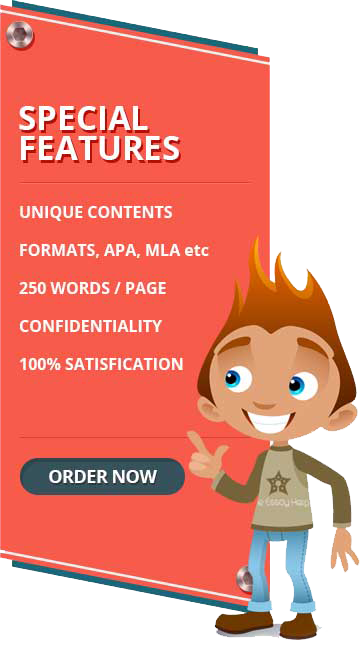Crafting Excellence: Mastering Marketing Assignments with Expert Tips
Marketing assignments are an integral part of any business or marketing-related course curriculum. These assignments serve as a practical tool for students to apply theoretical knowledge in real-world scenarios, analyze market trends, and develop strategic marketing plans. However, crafting a stellar marketing assignment requires more than just understanding the subject matter; it demands effective planning, research, and presentation skills. Here are some invaluable tips to help students write the best marketing assignments:

- Understand the Assignment Requirements: Before diving into the research and writing process, it’s crucial to thoroughly understand the assignment guidelines provided by your instructor. Pay attention to aspects such as the topic, word count, formatting style (APA, MLA, Chicago, etc.), deadline, and any specific instructions. Clarify any doubts you may have with your instructor to ensure you’re on the right track from the outset.
- Choose an Engaging Topic: Selecting a captivating topic sets the foundation for an impressive marketing assignment. Look for current trends, emerging issues, or controversial topics within the marketing domain that pique your interest. Ensure the chosen topic aligns with the assignment requirements and allows for in-depth analysis and discussion. Brainstorm ideas, conduct preliminary research, and choose a topic that resonates with you and your audience.
- Conduct Thorough Research: Successful marketing assignments are backed by comprehensive research. Utilize credible sources such as academic journals, textbooks, industry reports, and reputable websites to gather relevant data and insights. Incorporate a mix of quantitative data, qualitative analysis, case studies, and real-life examples to support your arguments and enhance the credibility of your assignment. Take notes, organize your findings, and attribute sources properly to avoid plagiarism.
- Analyze and Interpret Data: Once you’ve gathered the necessary information, it’s time to analyze and interpret the data to derive meaningful conclusions. Use analytical tools, statistical methods, and marketing frameworks to dissect the data and extract key insights. Identify patterns, trends, and correlations that can inform your marketing strategies and recommendations. Present your findings clearly and concisely, using visual aids such as charts, graphs, and tables to enhance comprehension.
- Develop a Structured Approach: Structure plays a vital role in the coherence and flow of your marketing assignment. Organize your content logically, with a clear introduction, body paragraphs, and conclusion. In the introduction, provide an overview of the topic and outline the objectives of your assignment. The body paragraphs should delve into the main points, supported by evidence and analysis. Conclude by summarizing the key findings and offering recommendations or insights for future research.
- Be Creative and Innovative: Marketing is all about creativity and innovation, and your assignments should reflect these qualities. Think outside the box, propose novel ideas, and explore unconventional strategies to tackle marketing challenges. Incorporate real-life examples, case studies, and anecdotes to illustrate your points and engage your readers. Don’t shy away from presenting bold opinions or proposing controversial viewpoints, as long as they are supported by evidence and logical reasoning.
- Pay Attention to Presentation: A well-presented marketing assignment leaves a lasting impression on the reader. Pay attention to formatting, grammar, spelling, and punctuation to ensure clarity and professionalism. Use subheadings, bullet points, and paragraphs to break up large chunks of text and improve readability. Proofread your assignment thoroughly to eliminate errors and refine your arguments. Consider seeking feedback from peers or mentors to gain valuable insights and improve the quality of your work.
- Reference Sources Properly: Citing sources correctly is essential to avoid plagiarism and uphold academic integrity. Follow the formatting guidelines specified by your instructor (e.g., APA, MLA) and cite all sources used in your assignment accurately. Create a bibliography or reference list that includes all the sources referenced in your assignment, arranged alphabetically. Double-check your citations against the sources to ensure accuracy and consistency.
- Review and Revise: Finally, allocate sufficient time for reviewing and revising your marketing assignment before submission. Step away from your work for a while, then come back with a fresh perspective to identify areas for improvement. Focus on refining your arguments, strengthening your analysis, and polishing your writing style. Pay attention to feedback from your instructor or peers and incorporate any suggestions that enhance the quality of your assignment.
In conclusion, writing an exceptional marketing assignment requires careful planning, diligent research, critical thinking, and effective communication skills. By following these tips, students can create compelling and insightful assignments that demonstrate their understanding of marketing principles and their ability to apply them in real-world contexts.



